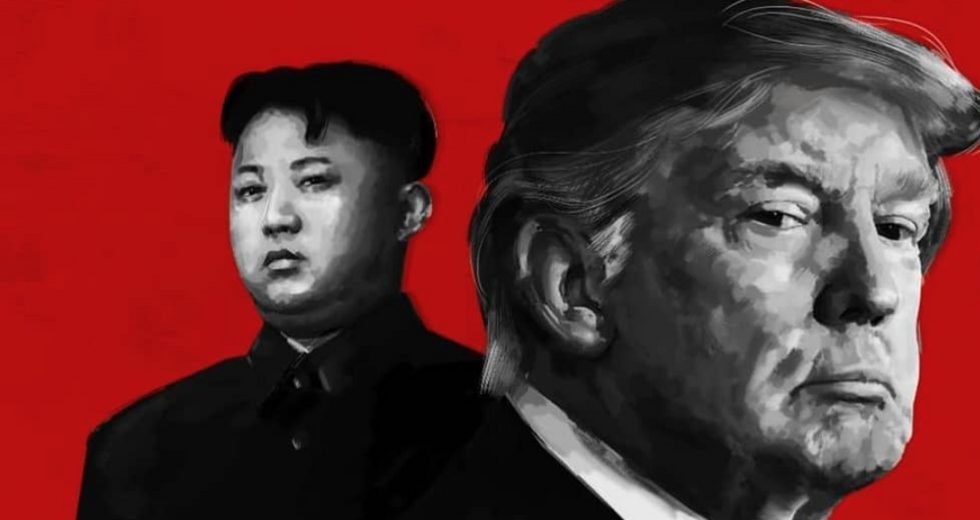After months of publicity, back and forth and cancellations, the summit with North Korea is finally happening.
Relations with North Korea have a history of being nothing short of tense, putting even more pressure on what may come out of this upcoming meeting. Before anything happens, however, I think that it is important to gain some background knowledge of North Korea and their relationship with the United States.
A short history of North Korea
It all started in 1910 when the Korean peninsula was annexed by imperial Japan. Korea remained under Japanese rule until 1945, when Japan surrendered at the end of World War II. Korea was then split — the south occupied by the United States and the north occupied by the Soviet Union.
After the reunification of the two halves failed, two separate governments for the respective areas were formed in 1948, with the capitalist Republic of Korea in the south and the socialist Democratic People's of Korea in the north. The two clashed in 1950, when North Korea invaded South Korea, leading to the Korean War. The south was supported by the United States while the north was supported by China and the Soviet Union.
Since then, a ceasefire was agreed upon, but no official resolution has been made. North Korea continues to maintain their narrative of being a self-reliant and socialist state, following their ideology of Juche, a practice of national self-reliance.
North Korea also has a history of repeated human rights violations. According to Amnesty International and other human rights organizations, there is no innate right to free speech. Hundreds of thousands of citizens are incarcerated in forced labor camps and citizens have no right to freely leave the country. Their government has repeatedly denied such claims, despite all of the evidence that confirms them.
Nuclear weapons programs
In regards to nuclear weapons, North Korea follows a military-first policy called Songun. This practice has led to them inflating the size of their military immensely and pursuing a program for nuclear weapons. They started with nuclear energy programs back in the 1960s and progressed to weapons grade in the 1980s.
They have been a part of several non-proliferation treaties and agreements, but they have never followed through with the requirements, eventually withdrawing and reverting back to developing and testing nuclear weapons.
The summit
Set to take place on June 12th in Singapore, this meeting will be the first between a sitting U.S. President and leader of North Korea. It will not be simple, as our history with the socialist country has been quite contentious in the past. The main topic will be the dismantling of North Korea's nuclear weapons and ICBM program in exchange for demands like an agreement to not attack North Korea and to instead establish diplomatic ties between the two countries.
This has already proven to be difficult, as it has already led to a cancellation and reinstatement of the meeting. No one can say definitively what may come of the summit, but it is important to keep in mind the history behind it. North Korea does not have a reliable track record in regards to getting rid of their nuclear weapons.
An improved relationship with the country would obviously be an improvement, but how to get there is still a foggy territory.









































